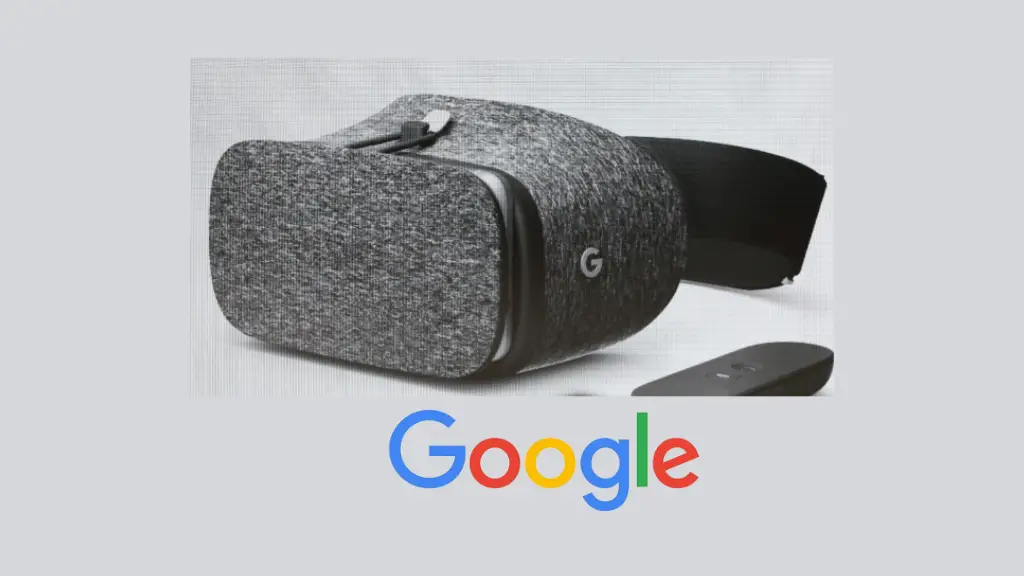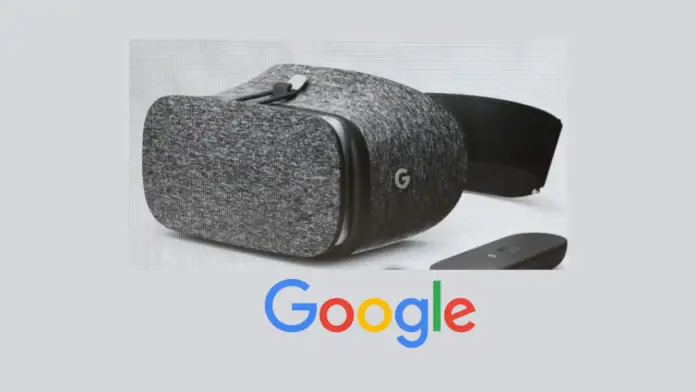In a surprising turn of events, recent reports suggest that Google has decided to shelve its ambitious AR headset project, Project Iris. Initially positioned as a competitor to the forthcoming offerings from Meta and Apple, Google has allegedly changed its strategy and is now focusing on developing a software platform instead. This move aims to allow Google to license its “micro XR” platform to other headset manufacturers, akin to its successful Android ecosystem for smartphones. While the fate of Google’s glasses-shaped AR headset remains uncertain, collaboration with Samsung on a mixed-reality platform offers a glimmer of hope.
The Demise of Project Iris
Insider, a reliable source, indicates that Google has discontinued Project Iris. Citing information from three individuals familiar with the matter, the report suggests that the company faced internal challenges, including layoffs and shifting strategies, during the development process. Furthermore, the departure of Clay Bavor, Google’s head of VR/AR, four months ago, seems to have contributed to the project’s fate. Kurt Akeley, a distinguished engineer previously associated with Project Iris, is now listed as “retired” on his LinkedIn profile.
A Shift Towards Software
Despite shelving Project Iris, Google has not abandoned its AR ambitions. Instead, the company has redirected its focus toward developing a software platform. By creating a “micro XR” platform, Google intends to provide a licensing opportunity to other manufacturers of AR headsets. This strategic shift aligns with Google’s successful approach of providing Android to a broad ecosystem of smartphones. By opting for software development, Google aims to leverage its expertise to establish a significant presence in the expanding AR market without the burden of hardware production.
Collaboration with Samsung
While the fate of Google’s glasses-shaped AR headset remains uncertain, rumors suggest that association with Samsung could pave the way for a different mixed-reality device. Earlier this year, Google, Samsung, and Qualcomm announced a partnership to develop a new mixed-reality platform. Although details regarding this collaboration have been scarce, insiders claim that Google’s initial work on goggles-shaped AR headsets laid the foundation for Samsung’s upcoming device. This wouldn’t be the first time Google and Samsung joined forces to deliver cutting-edge technology, as evidenced by their collaboration on modifying Android for the Galaxy Fold series.
The Legacy of North
To bolster its AR capabilities, Google acquired North, a renowned AR glasses company, in 2020. Although the details of the acquisition were undisclosed, it appears that many North employees, including co-founders Stephen Lake, Matthew Bailey, and Aaron Grant, still work for Google. This acquisition likely brought valuable expertise to Google’s AR endeavors, even if the specific plans for North’s technology remain uncertain in light of the Project Iris setback.
Looking Ahead
While Google’s decision to shelve Project Iris may disappoint some AR enthusiasts, the company’s renewed focus on software development and potential collaboration with Samsung keeps the AR future bright. Google’s intention to license its “micro XR” platform to other headset manufacturers hints at a strategy that could help establish its presence in the AR market, even without a standalone hardware offering. As Google Vice President Sameer Samat stated at Google I/O 2023, the collaboration with Samsung will be further detailed later this year, fueling anticipation for what lies ahead in the realm of mixed reality.
Conclusion
Google’s reported decision to halt Project Iris, its AR headset venture, signals a shift towards software development for the AR market. The company aims to create a software platform, potentially licensing it to other manufacturers, while collaborating with Samsung on an upcoming mixed reality device. Despite challenges during the development of Project Iris, Google’s acquisition of North and its talented employees provide a strong foundation for continued innovation in the AR space. As the AR market evolves, Google’s strategic moves will undoubtedly shape its role in the future of augmented reality.
Frequently Asked Questions
What is Project Iris, and why did Google reportedly shelve it?
Project Iris was Google’s AR headset project aimed at competing with Meta and Apple’s upcoming headgear. However, according to reports, Google has decided to abandon the project and focus on software instead due to internal challenges, including layoffs and shifting strategies.
Will Google still release an AR headset?
The fate of Google’s glasses-shaped AR headset, initially associated with Project Iris, is uncertain. However, rumors of a collaboration between Google and Samsung on a mixed-reality device could potentially materialize.
What is the significance of Google’s collaboration with Samsung?
Google, Samsung, and Qualcomm announced a partnership to develop a mixed-reality platform. While details are limited, sources suggest that Google’s work on goggles-shaped AR headsets served as the foundation for Samsung’s upcoming device. This collaboration showcases the potential for joint innovation in the AR space.
What was the acquisition of North by Google?
In 2020, Google acquired North, a prominent AR glasses company. The acquisition brought valuable expertise to Google, with several North employees, including co-founders, now working for the company. The specific utilization of North’s technology following the shelving of Project Iris remains unclear.
What does Google’s shift to software mean for the AR market?
Google’s decision to focus on software development signifies a strategy to establish a presence in the AR market without the burden of hardware production. By creating a software platform, Google aims to leverage its expertise and potentially collaborate with other manufacturers to drive AR adoption.
When can we expect more information about Google’s collaboration with Samsung?
Google VP Sameer Samat mentioned at Google I/O 2023 that further details about the collaboration with Samsung would be shared later in the year. The anticipation surrounding this announcement keeps the industry intrigued about the upcoming developments in mixed reality.
What are the implications of Google’s shift in AR strategy for the future?
While the shelving of Project Iris may disappoint some, Google’s new focus on software development and potential collaborations suggests the company’s determination to play a significant role in the AR market. The success of licensing its “micro XR” platform and partnerships with companies like Samsung could pave the way for exciting advancements in augmented reality.
-
Project Iris | Google Reportedly Shifts Focus from AR Headset Project Iris to Software Platform

In a surprising turn of events, recent reports suggest that Google has decided to shelve its ambitious AR headset project, Project Iris. Initially positioned as a competitor to the forthcoming offerings from Meta and Apple, Google has allegedly changed its strategy and is now focusing on developing a software platform instead. This move aims to…


